Water Filter & Softener
We Provide A Wide Range Of Water Filter & Softener Services:
- Water Softener Installation and Maintenance
- Hard Water Testing and Analysis
- Limescale Prevention and Removal
- Whole-House Water Softening Systems
Call Amped Home Services for professional aid for all your plumbing issues.
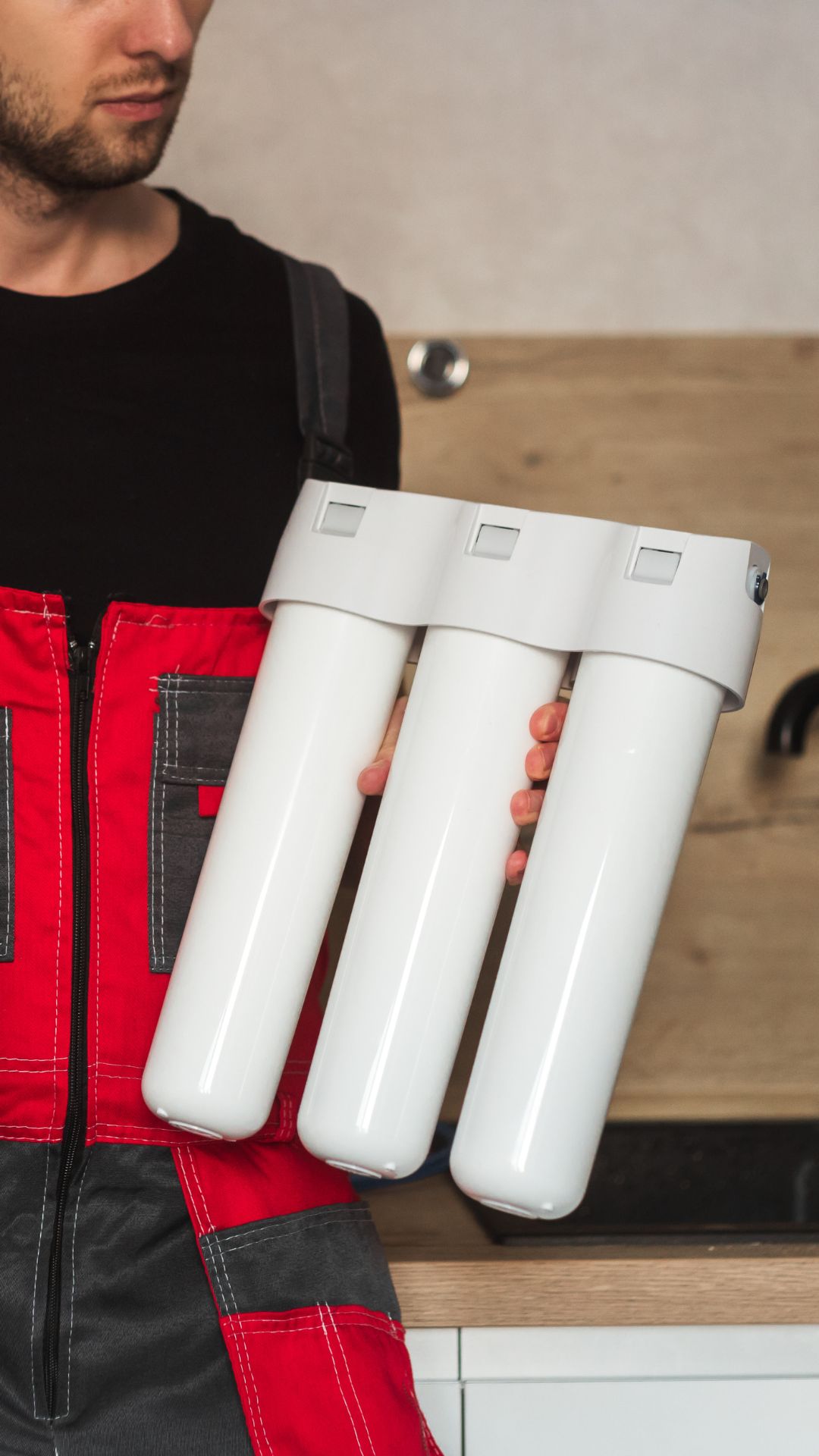
Why Do You Need a Water Softener?
A water softener is a device designed to remove the hard minerals from your water, providing numerous benefits for your home and daily life. Here’s why you need a water softener:
Enhanced Water Quality:
– Softer Skin and Hair: Softened water is gentler on your skin and hair, helping them retain natural oils and moisture.
– Cleaner Dishes and Laundry: Soft water improves the effectiveness of soaps and detergents, resulting in cleaner dishes and brighter, softer laundry.
Protection for Your Home:
– Prevents Limescale Buildup: A water softener prevents the formation of limescale, protecting your plumbing and appliances from damage.
– Extends Appliance Lifespan: Softened water helps your water-using appliances run more efficiently and last longer.
Cost Savings:
– Lower Energy Bills: Appliances like water heaters and washing machines operate more efficiently with soft water, reducing energy consumption and utility bills.
– Reduced Maintenance Costs: By preventing scale buildup, a water softener can save you money on plumbing repairs and appliance replacements.
Environmental Benefits:
– Less Chemical Use: Softened water requires less soap, shampoo, and detergent, reducing the amount of chemicals released into the environment.
– Energy Efficiency: More efficient appliances mean lower energy consumption, contributing to a reduced carbon footprint.
Why Hard Water is a Problem in Oklahoma City
Oklahoma City’s hard water varies by area, causing issues for homeowners due to its high mineral content.
Impact on Plumbing and Appliances
Limescale Buildup:
– Clogged Pipes: Hard water minerals can build up in pipes over time, reducing flow and causing clogs.
– Decreased Appliance Efficiency: Limescale in appliances like water heaters and dishwashers reduces efficiency and lifespan.
Increased Maintenance Needs:
– Frequent Repairs: Hard water causes frequent plumbing and appliance repairs from limescale and corrosion.
– Higher Replacement Costs: Appliances exposed to hard water often need to be replaced more frequently, increasing household expenses.
Impact on Daily Life
Skin and Hair Issues:
– Dry, Itchy Skin: Hard water can strip away natural oils from your skin, leaving it dry and itchy.
– Dull, Unmanageable Hair: Hard water minerals dull and roughen hair, making it harder to manage.
Cleaning Challenges:
– Spotty Dishes and Glassware: Hard water leaves spots and streaks on dishes and glassware, even after washing.
– Soap Scum: Hard water minerals create soap residue that’s tough to remove from surfaces and clothes.
Higher Utility Bills:
– Energy Inefficiency: Limescale forces appliances to work harder, increasing energy use and utility bills.


Specific Challenges in Oklahoma City
Regional Water Hardness:
– High Mineral Content: Oklahoma City’s water supply has high levels of calcium and magnesium, making it one of the areas with the hardest water in the country.
– Variable Hardness Levels: Depending on your exact location within Oklahoma City, the hardness level of your water may vary, necessitating a tailored water softening solution.
Environmental Factors:
– Soil and Rock Composition: The natural composition of the soil and rock in the region contributes to the high mineral content in the water supply.
– Water Source: The sources of Oklahoma City’s water supply, including rivers and reservoirs, also affect the mineral content and overall hardness of the water.
The Importance of Investing in a Water Softener in Oklahoma City
Investing in a water softener for your Oklahoma City home is a wise decision that can enhance your quality of life, protect your plumbing, and save you money in the long run. With the right system, you can enjoy:
- Cleaner Dishes and Laundry: Say goodbye to spots and stains.
- Softer Skin and Hair: Enjoy smoother skin and shinier hair.
- Prolonged Appliance Lifespan: Protect your water-using appliances.
Understanding the nature of hard water and its impact on your home is the first step in finding the right solution. A water softener can significantly improve your water quality, protect your plumbing and appliances, and enhance your daily life. Whether you’re dealing with clogged pipes, inefficient appliances, or skin and hair issues, investing in a water softener tailored to the specific conditions in Oklahoma City can make a world of difference.
Make the switch to softened water today and experience the difference it can make in your daily life!
Benefits of Installing a Water Softener
Improved Plumbing and Appliance Longevity
One of the most significant benefits of installing a water softener in your Oklahoma City home is its protection to your plumbing and appliances. Hard water causes limescale buildup in pipes and fixtures, and water use prevents the formation of limescale, protecting your plumbing and appliances from damage.ng appliances. This buildup can lead to several issues:
- Clogged Pipes: Over time, the minerals in hard water can accumulate and clog your pipes, reducing water flow and causing potential damage.
- Appliance Damage: Due to limescale buildup, water heaters, dishwashers, washing machines, and other appliances can suffer from decreased efficiency and a shortened lifespan. Softened water prevents these problems, ensuring your appliances run smoothly and last longer.
- Reduced Maintenance Costs: By preventing scale buildup, you can avoid costly repairs and replacements for your plumbing and appliances, ultimately saving you money.
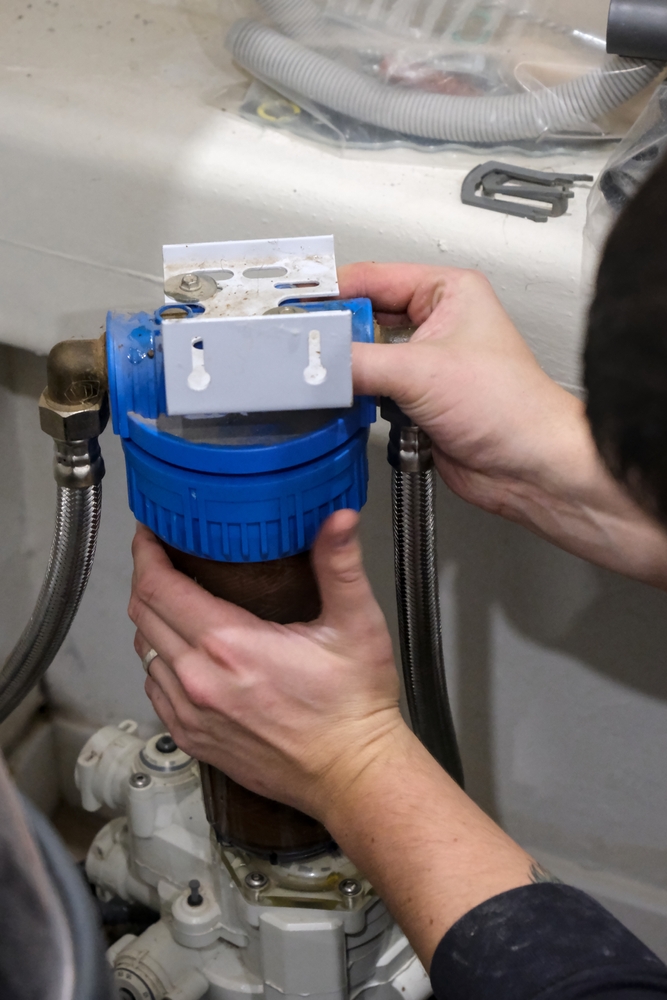

Enhanced Skin and Hair Health
Hard water can be harsh on your skin and hair, leading to dryness and irritation. Soft water, on the other hand, offers numerous benefits for personal care:
- Smoother Skin: The minerals in hard water can strip away natural oils from your skin, causing dryness and irritation. Softened water helps your skin retain its natural moisture, leaving it feeling smoother and less irritated.
- Healthier Hair: Hard water can make your hair look dull and feel rough. The minerals create a film that prevents proper cleaning and conditioning. Soft water allows shampoos and conditioners to work more effectively, resulting in shinier, more manageable hair.
Cost Savings
Investing in a water softener can lead to significant cost savings over time. Here’s how:
- Lower Energy Bills: Appliances like water heaters and washing machines work more efficiently with soft water, leading to lower energy consumption and reduced utility bills.
- Extended Appliance Lifespan: By preventing limescale buildup, a water softener can extend the lifespan of your appliances, reducing the need for frequent replacements.
- Reduced Soap and Detergent Use: Soft water enhances the effectiveness of soaps and detergents, allowing you to use less product for the same cleaning power. This not only saves money but also reduces environmental impact.

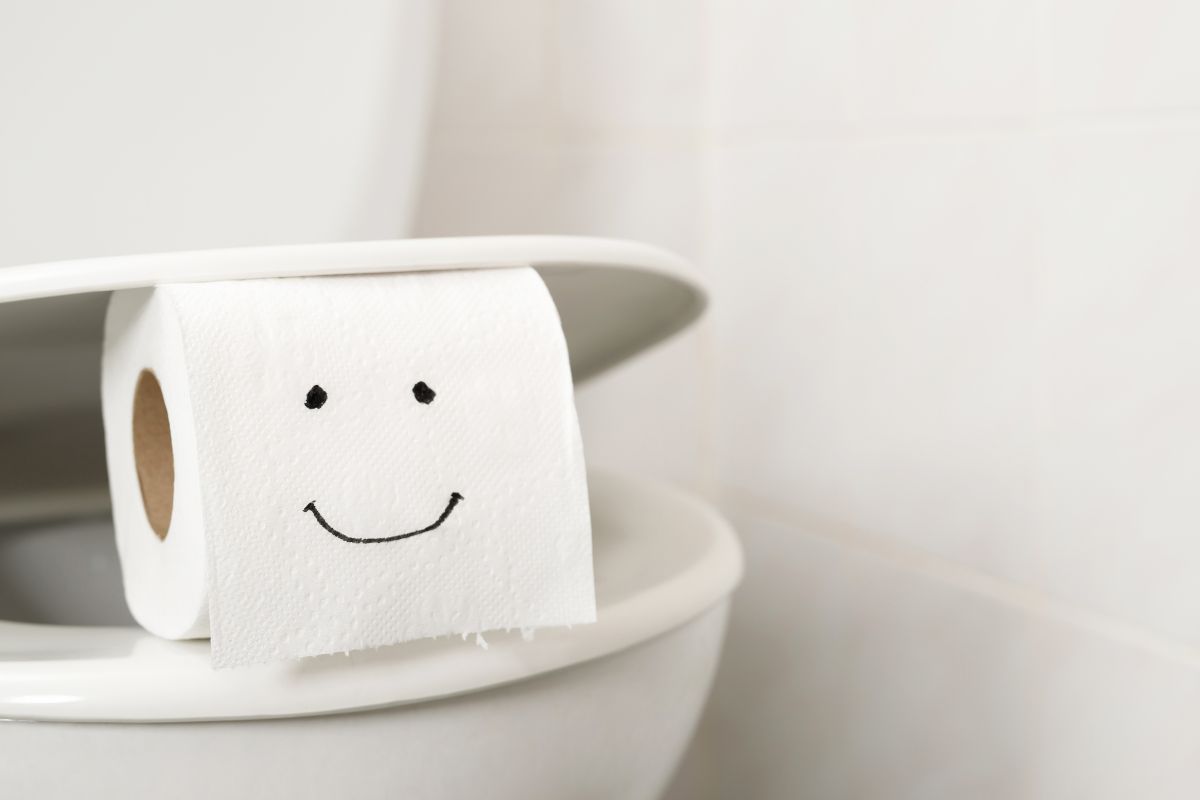
Better Cleaning Results
Soft water improves the effectiveness of your cleaning products, leading to better overall cleaning results:
- Cleaner Dishes and Glassware: Hard water leaves spots on dishes, while softened water keeps them sparkling clean.
- Brighter and Softer Laundry: Soft water keeps clothes cleaner, brighter, and softer, preserving their quality and longevity.
- Spot-Free Fixtures and Surfaces: Soft water prevents limescale and soap scum, making fixtures and surfaces easier to clean.
Environmental Benefits
Using a water softener also has positive environmental impacts:
- Reduced Chemical Usage: Softened water requires less soap, shampoo, and detergent, which means fewer chemicals are released into the environment.
- Lower Energy Consumption: Appliances that operate more efficiently with soft water consume less energy, contributing to a reduced carbon footprint.
- Extended Appliance Lifespan: By reducing the frequency of appliance replacements, you help minimize electronic waste and the environmental impact of manufacturing new appliances.
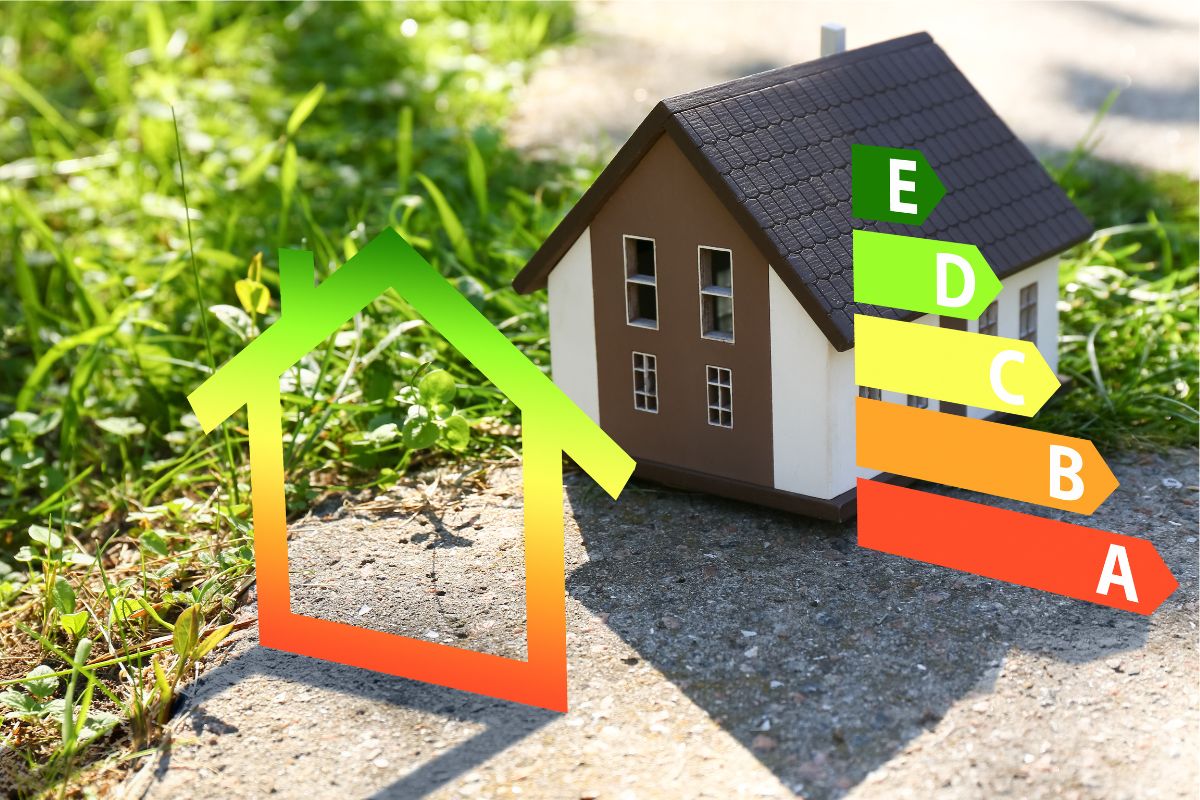

Improved Taste and Water Quality
While water softeners primarily address the hardness of water, they can also improve the overall taste and quality of your water:
- Better Tasting Water: Many homeowners find that softened water tastes better than hard water, making it more enjoyable to drink.
- Reduced Mineral Content: By removing excess minerals, a water softener can improve the quality of the water you use for cooking, brewing coffee or tea, and other household needs.
Enhanced Home Value
Installing a water softener can also increase the value of your home:
- Attractive to Buyers: Potential homebuyers often view a water softener as a valuable addition, especially in areas known for hard water. It can be a selling point that sets your home apart from others on the market.
- Reduced Wear and Tear: A home with a water softener experiences less wear and tear on plumbing and appliances, which can be appealing to buyers looking for a well-maintained property.
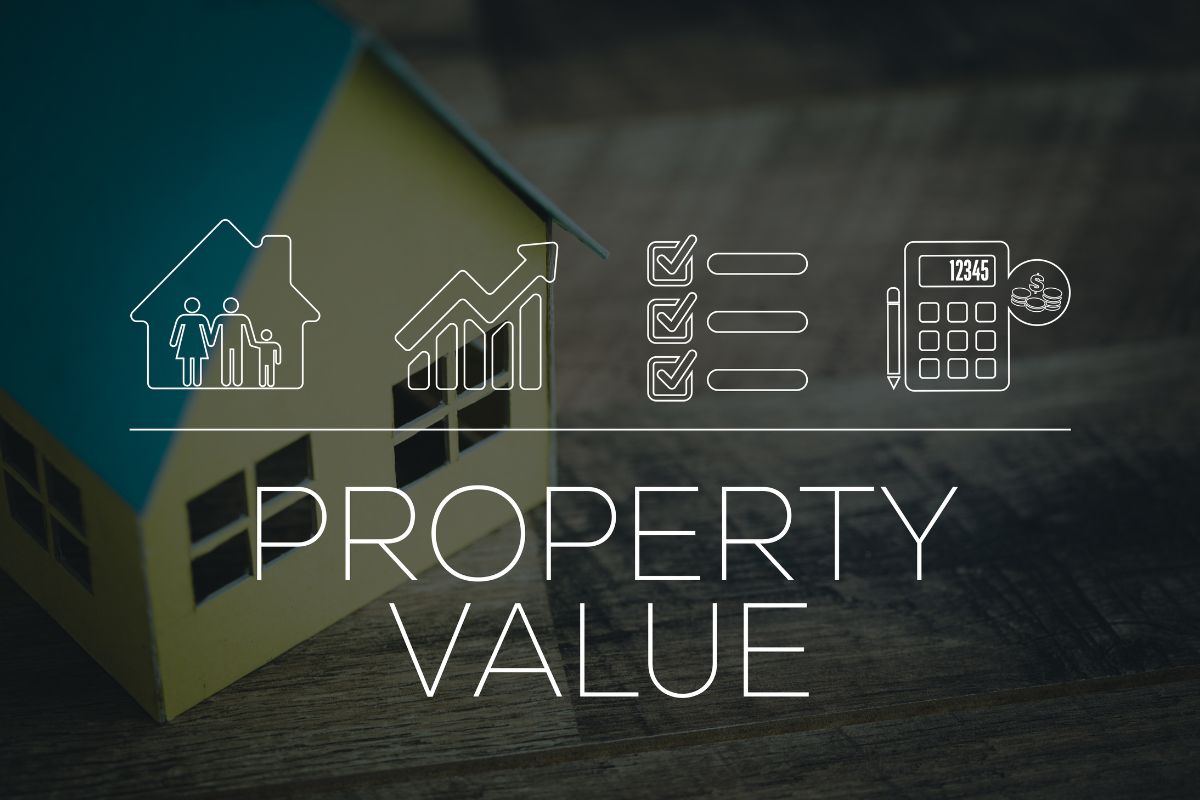
Understanding Hard Water and Why You Need a Water Softener
If you’re struggling with hard water issues like dry skin, dull hair, and limescale buildup, you’re not alone. Oklahoma City’s water supply is known for its high mineral content, making a water softener system not just a luxury but a necessity for many homes.
Different Types of Water Softeners Available
Choosing the right water softener for your Oklahoma City home involves understanding the various options available. Each type of water softener offers unique benefits and may be better suited for specific needs and preferences. Below, we detail the different types of water softeners to help you make an informed decision.
Salt-Based Ion Exchange Systems
Salt-based ion exchange water softeners are the most traditional and widely used systems for treating hard water. They work by using resin beads to exchange calcium and magnesium ions in hard water with sodium ions. This process effectively removes the hardness minerals, resulting in softened water.
Benefits:
- Efficient Hardness Removal: Highly effective at removing calcium and magnesium, the primary causes of hard water.
- Improved Water Quality: Provides consistently soft water, which is gentler on skin, hair, and plumbing.
- Customizable: Available in various sizes and capacities, making it easy to find a system that fits your household needs.
Maintenance:
- Salt Replenishment: Regularly add salt to the brine tank to maintain the ion exchange process.
- Resin Bed Cleaning: Periodic cleaning and regeneration are required to keep the system running efficiently.

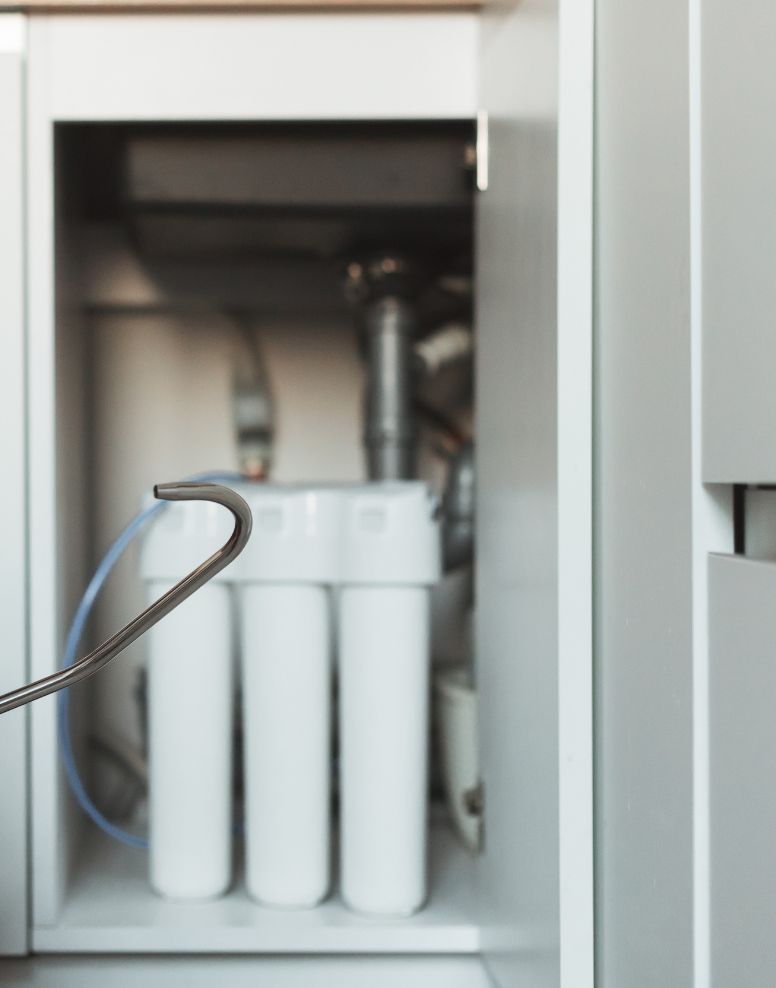
Salt-Free Water Conditioners
Salt-free water conditioners, also known as salt-free water softeners, use alternative methods to prevent scale buildup without adding sodium to the water. These systems often utilize technologies like template-assisted crystallization (TAC) or catalytic media to alter the structure of hardness minerals, making them unable to adhere to surfaces.
Benefits:
- No Added Sodium: Ideal for those concerned about sodium intake or environmental impact.
- Low Maintenance: Requires minimal upkeep since there’s no need to add salt or regenerate the resin bed.
- Eco-Friendly: Reduces chemical usage and environmental impact.
Limitations:
- Partial Softening: These systems do not remove hardness minerals but condition the water to prevent scale.
- Effectiveness: May not be as effective as salt-based systems in areas with extremely hard water.
Magnetic or Electronic Water Descalers
Magnetic or electronic water descalers use electromagnetic fields to alter the structure of hardness minerals in the water, preventing them from forming scale deposits on pipes and appliances. These systems are easy to install and require no chemicals or salt.
Benefits:
- Easy Installation: Typically installed on the outside of the water pipe, making the installation process simple and non-invasive.
- Chemical-Free: Does not use salt or chemicals, making it a more environmentally friendly option.
- Low Maintenance: Once installed, these systems require little to no maintenance.
Limitations:
- Variable Effectiveness: The effectiveness can vary depending on the specific conditions of your water supply and home plumbing system.
- Partial Solution: Primarily prevents scale buildup rather than fully softening the water.
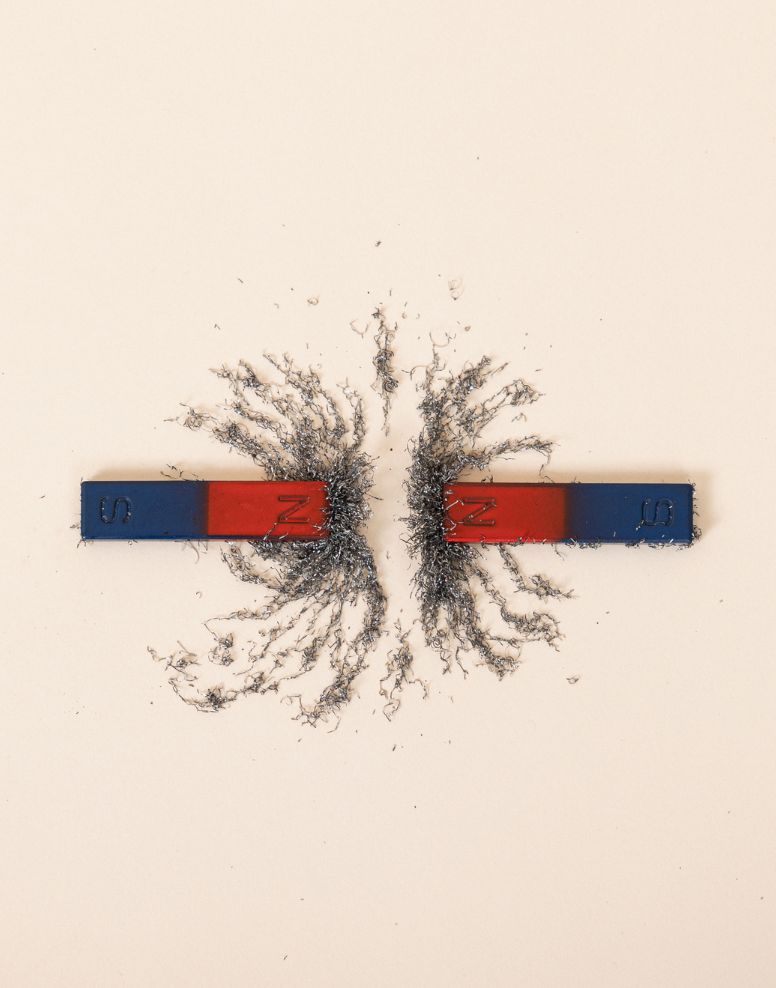
Invest in the Best Water Softener for Your Home
Investing in a water softener tailored to Oklahoma City’s specific conditions can greatly enhance your home’s water quality, protect your plumbing, and improve your overall quality of life. Whether you choose a traditional salt-based system, a salt-free water conditioner, or a magnetic water descaler, the benefits of softened water are clear.


Choosing the Right Water Softener for Your Home
When selecting a water softener, consider the following factors:
- Water Hardness Level: Test your water to determine its hardness level. This information is crucial in choosing the appropriate system.
- Household Water Usage: Estimate your daily water consumption to ensure the system can handle your household’s needs.
- Space and Installation Requirements: Evaluate the available space for installation and consider the type of plumbing in your home.
- Maintenance Preferences: Decide how much time and effort you are willing to invest in maintaining the system.
- Health and Environmental Concerns: Consider any health concerns related to sodium intake and the environmental impact of the system.
By understanding the different types of water softeners available and their respective benefits, you can make a well-informed decision that suits your needs and preferences.
Invest in a Water Softener for a Better Home
Investing in a water softener for your Oklahoma City home is a wise decision that can enhance your quality of life, protect your plumbing, and save you money in the long run. With the right system, you can enjoy:
- Cleaner Dishes and Laundry: Say goodbye to spots and stains.
- Softer Skin and Hair: Enjoy smoother skin and shinier hair.
- Prolonged Appliance Lifespan: Protect your water-using appliances.
Make the switch to softened water today and experience the difference it can make in your daily life!
Factors to Consider When Choosing a Water Softener
Choosing the right water softener for your Oklahoma City home is essential to ensure you get the best performance and efficiency. Here are some crucial factors to consider when selecting a water softener system:
Water Hardness Level
Understanding the hardness level of your water is the first step in choosing the right water softener. Water hardness is typically measured in grains per gallon (GPG) or milligrams per liter (mg/L).
- Testing Your Water: You can use a water hardness test kit to measure the hardness level of your water. Alternatively, you can have a professional test your water. Testing will allow you to use a water softener hardness calculator.
- Tailored Solutions: Based on the hardness level, you can select a water softener with the appropriate capacity to handle the mineral content in your water supply.
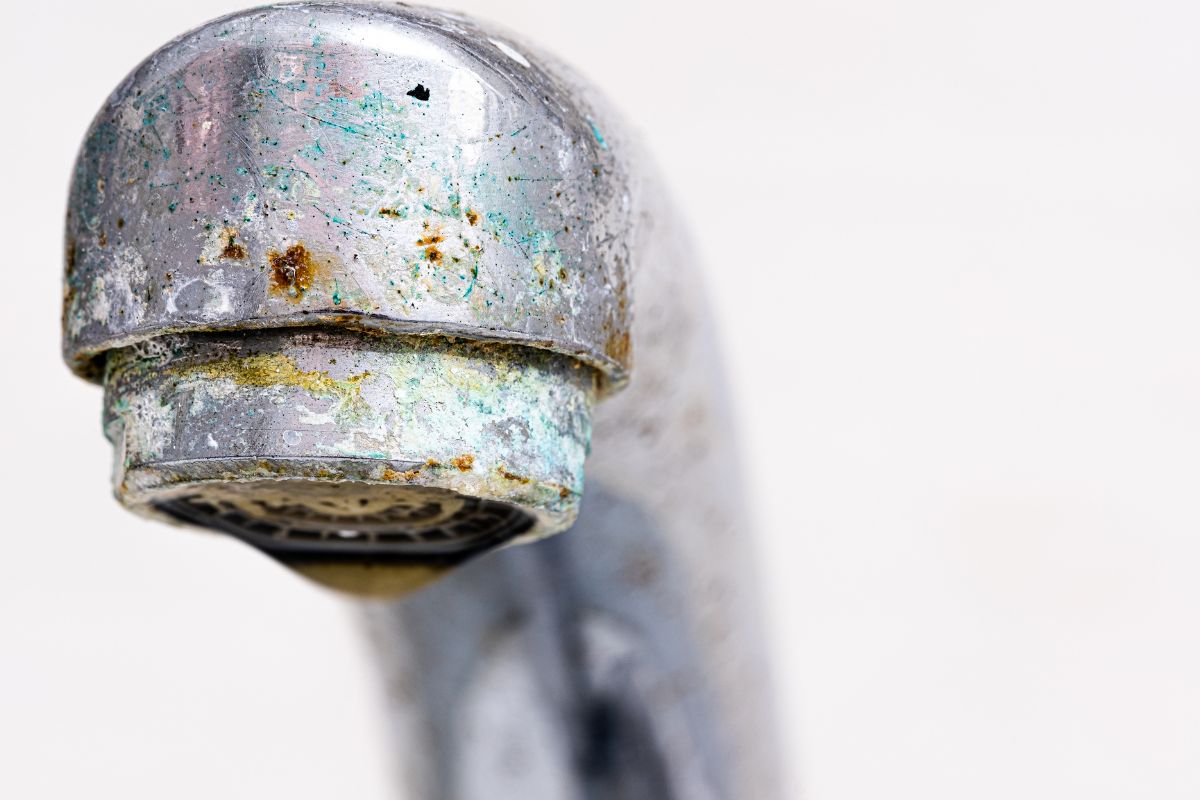
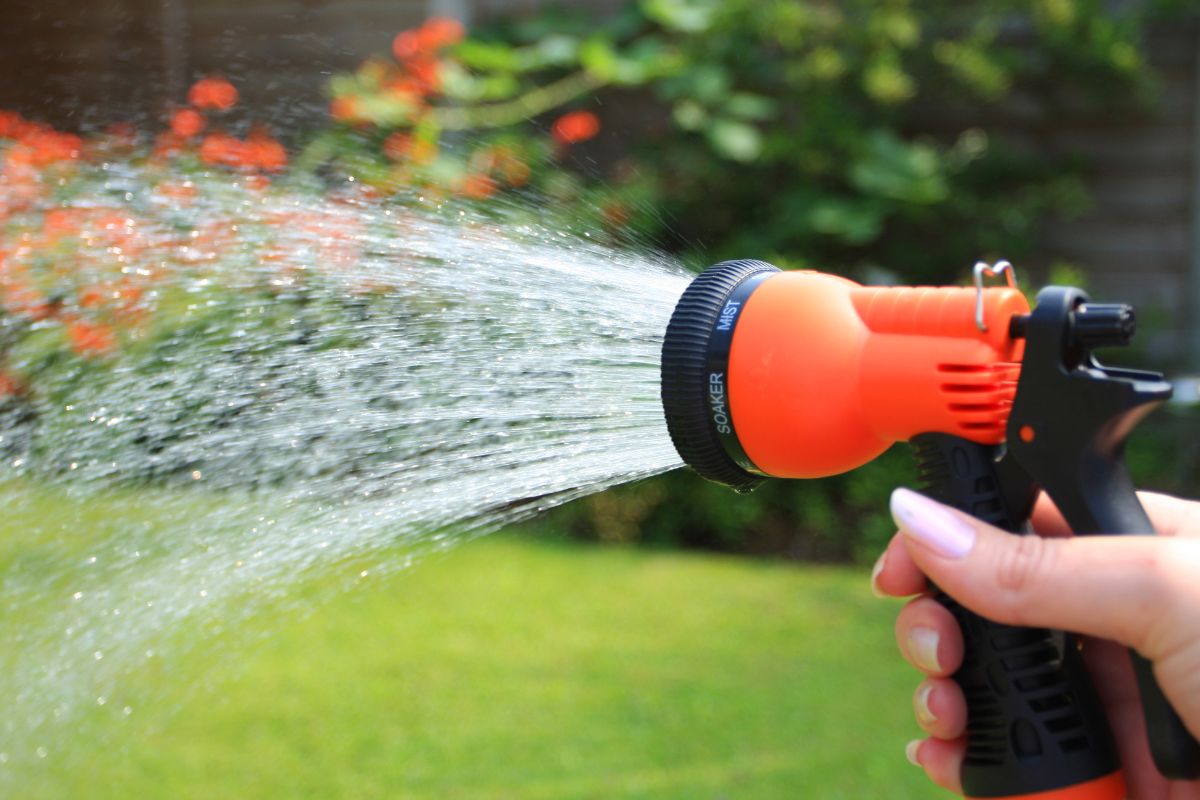
Household Water Usage
Your household’s daily water consumption is another critical factor. Understanding your water usage will help you choose a water softener size that can meet your needs without running out of softened water.
- Estimate Water Consumption: Calculate your household’s average daily water usage. Consider the number of people in your home and their water usage habits.
- Water Softener GPM Calculator: There are various water softener size calculators online that can help you calculate the water softener gpm you will need for your home.
- System Capacity: Choose a water softener gpm size with a capacity that can handle your household’s peak water usage times to ensure continuous soft water availability.
Space and Installation Requirements
Evaluate the available space for installing the water softener and consider your home’s plumbing system.
- Space Constraints: Ensure you have sufficient space in your home, typically in the basement, utility room, or garage, to accommodate the water softener unit.
- Installation Type: Decide whether you prefer a point-of-entry (whole house) system or a point-of-use system (e.g., water softener for shower head or under sink). Whole house systems are more common and provide comprehensive water softening throughout your home, whereas a water softener for a washer or water softener for a shower only provide softened water directly to that specific endpoint.

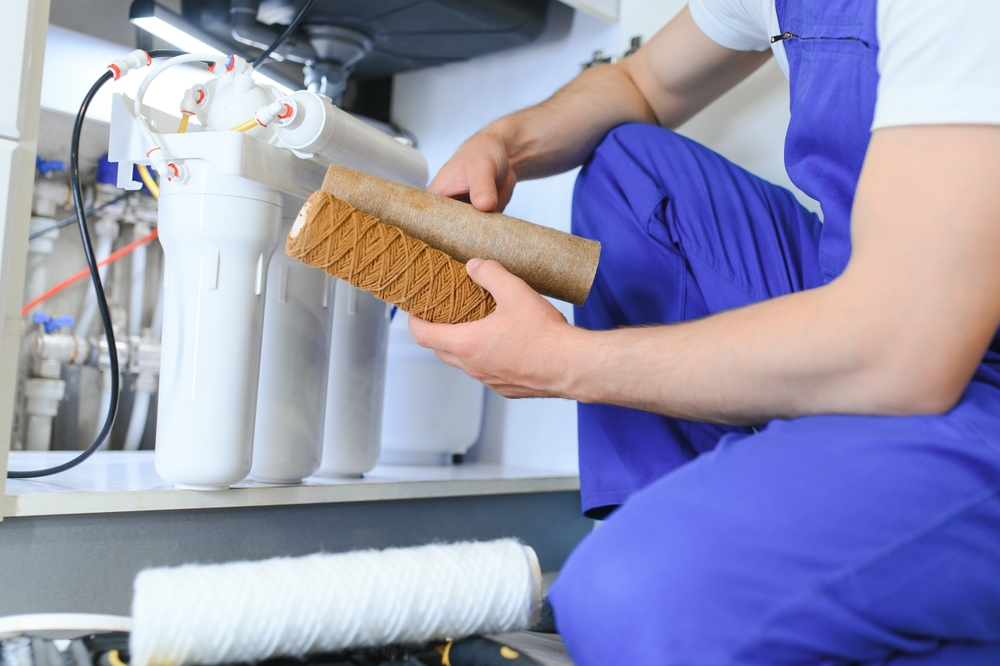
Maintenance Preferences
Consider the maintenance requirements of different water softener systems. Some systems require more regular upkeep than others.
- Salt-Based Systems: These require regular replenishment of salt and periodic resin bed cleaning.
- Salt-Free Systems: Generally require less maintenance since there is no need to add salt or regenerate the resin bed.
- Electronic Descalers: Typically require minimal maintenance once installed.
Health and Environmental Concerns
Address any health concerns related to sodium intake and the environmental impact of the water softener.
- Sodium Intake: If you are concerned about the sodium added to your water by salt-based systems, consider using a potassium chloride salt alternative or opting for a salt-free system.
- Environmental Impact: Salt-free systems and electronic descalers are more environmentally friendly as they do not discharge salt brine into the environment.


Efficiency and Certification
Choose a water softener that is efficient and certified by reputable organizations to ensure high performance and reliability.
- Efficiency Ratings: Look for water softeners that are efficient in terms of water and salt usage. Upflow vs. downflow, reverse osmosis, or iron removal are all factors that affect efficiency.
- Certifications: Systems certified by organizations like the Water Quality Association (WQA) or NSF International meet industry standards for performance and reliability.
Making the Right Choice
By considering these factors, you can select the best water softener system for your Oklahoma City home. Ensuring that you choose a system that meets your water hardness level, household usage, maintenance preferences, health concerns, and budget will provide you with softened water that enhances your quality of life.
Cost Considerations
Evaluate the initial purchase price, installation costs, and ongoing maintenance expenses when choosing a water softener.
- Initial Purchase Price: Compare the costs of different types of water softeners and choose one that fits your budget. Give us a call to see if we have any current water softener deals running, as we often do when we get discounts from the manufacturer.
- Installation Costs: Factor in the water softener installation cost of professional installation to ensure the system is set up correctly. Call us anytime for a free water softener quote.
- Maintenance Expenses: Consider the long-term maintenance costs, including the cost of salt, filter replacements, and any required servicing.

Request Your Appointment Today!
Our Service Areas
Our licensed and trained plumbers are experienced in all plumbing repair and installation services and are proud to service Oklahoma City and the surrounding areas. To find out more about our local services, click on the links below. Don’t see your town listed? Contact us for more information.
Frequently Asked Questions About Water Softeners
What is the difference between hard water and soft water?
Hard water contains high levels of minerals like calcium and magnesium. Soft water has been treated to remove these minerals, resulting in a lower mineral content and eliminating issues associated with hard water.
How do water softeners work?
Water softeners use ion exchange to replace calcium and magnesium ions with sodium ions, effectively softening the water and reducing the negative effects of hard water.
Do water softeners require a lot of maintenance?
Water softeners require periodic maintenance, such as adding salt to the brine tank, cleaning the resin bed, and monitoring water quality to ensure proper function.
Can I install a water softener myself?
While some homeowners may choose to install a water softener themselves, professional installation is recommended for accurate placement and connection to your plumbing system.
Are salt-free water conditioners as effective as traditional salt-based softeners?
Salt-free water conditioners can be effective in preventing scale buildup without adding sodium to the water, but they may not provide the same level of softening as salt-based ion exchange systems.
What are the costs associated with water softeners?
Costs can vary based on the type of system and its capacity. Consider the initial purchase price, installation cost, and ongoing maintenance expenses.
